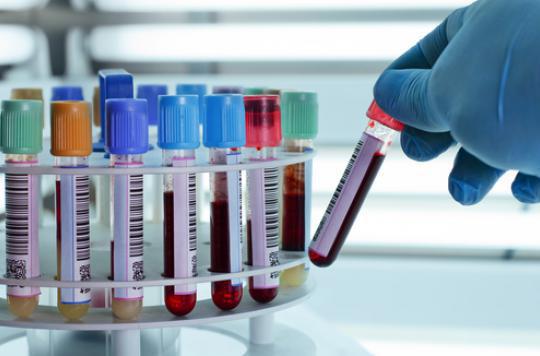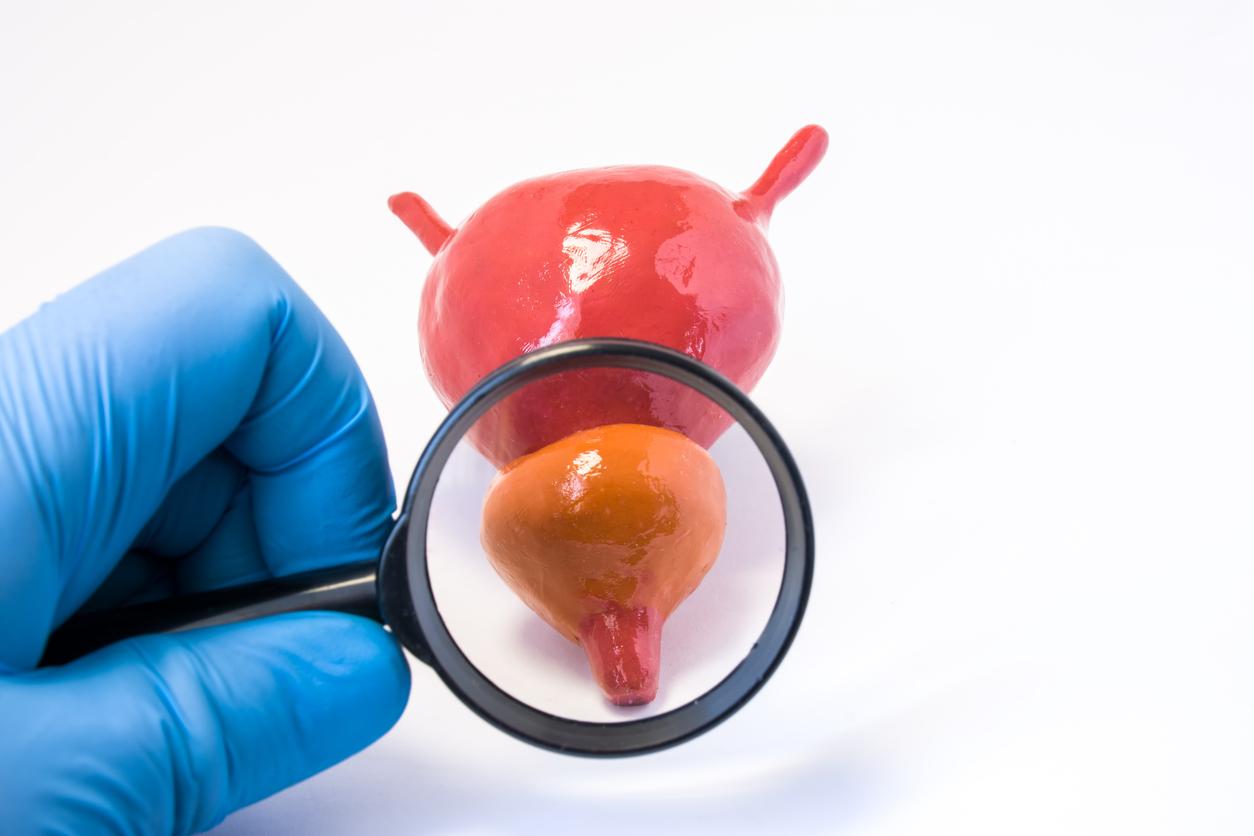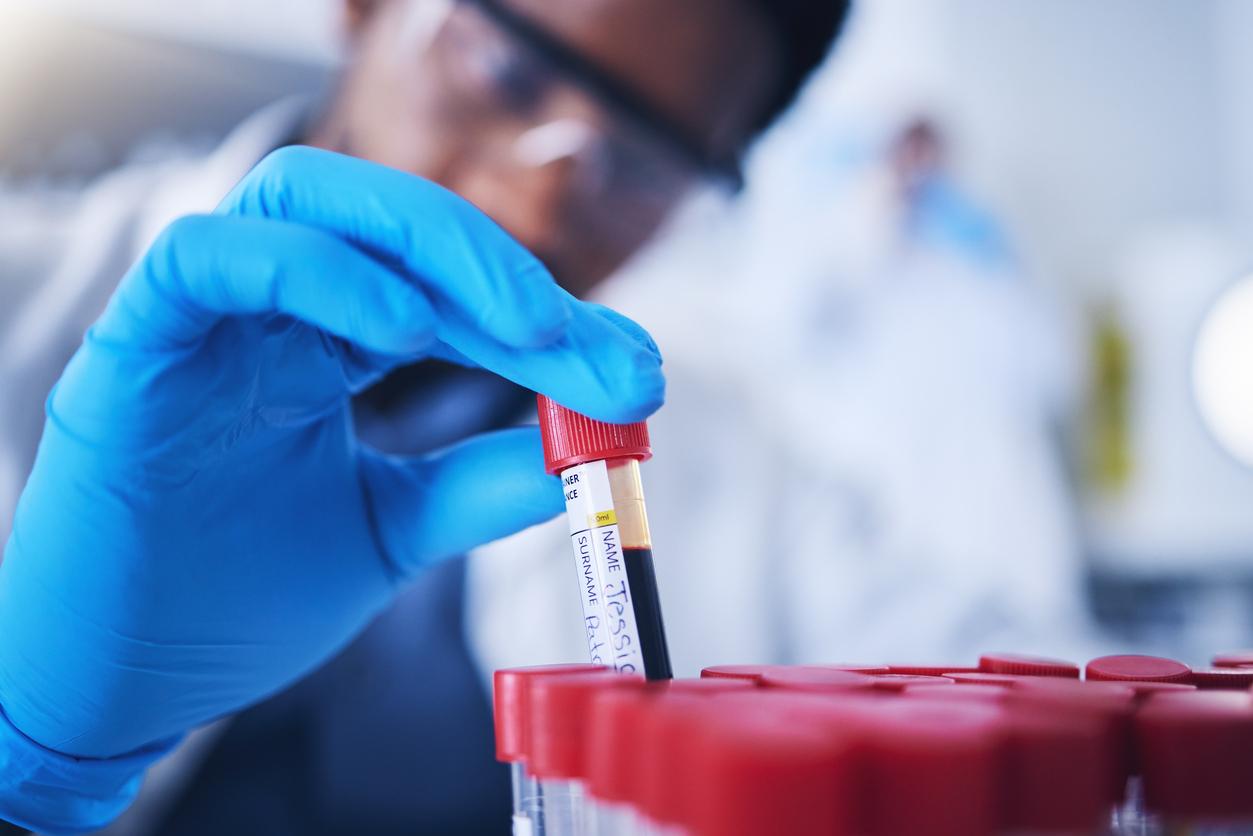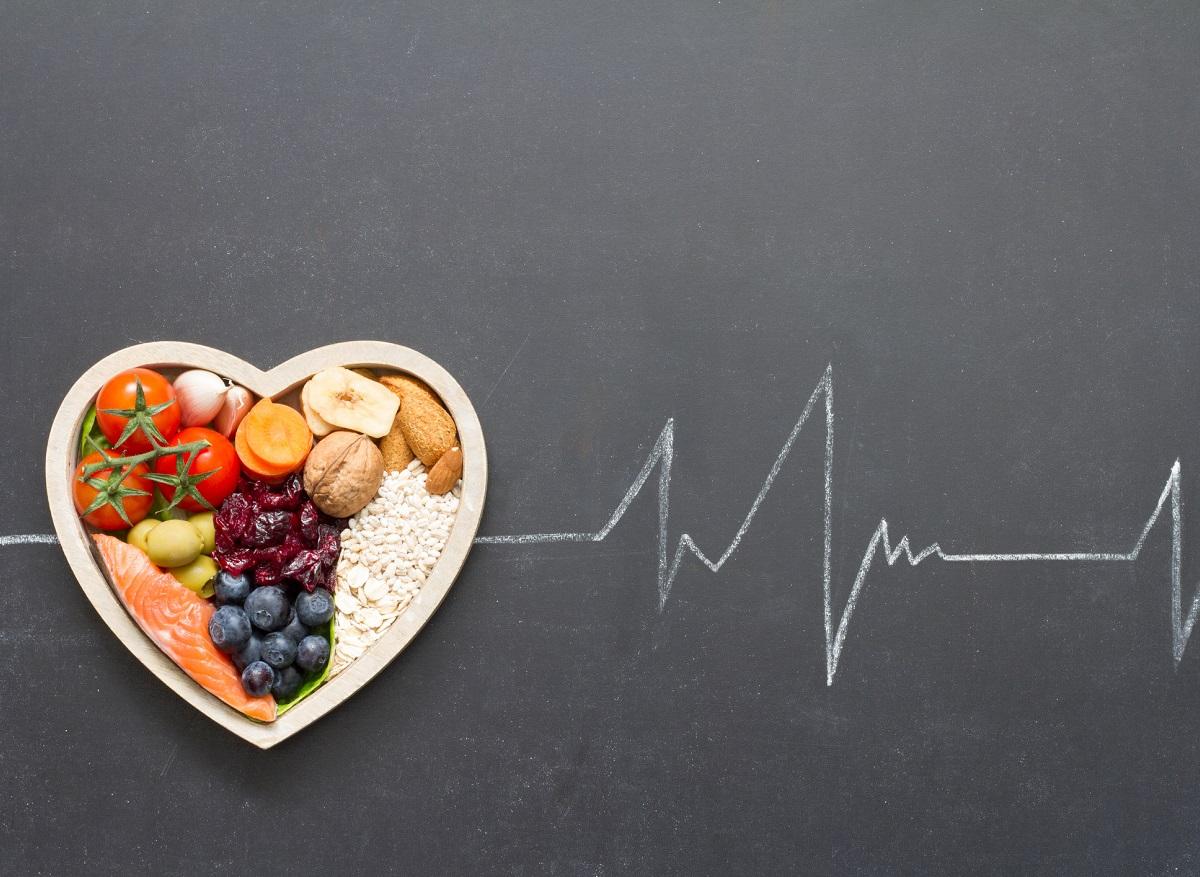The AlloMap tests, non-invasive alternatives to biopsies to monitor the rejection of heart transplants, will be carried out in the University Hospitals of Strasbourg.

Almost 20,000 people live with a transplanted heart in Europe. For them, once the surgery has been performed and the organ is in place, the Stations of the Cross begin to avoid the risk of rejection. To monitor engraftment, the AlloMap test, already available in the United States, will be carried out at Strasbourg University Hospitals (HUS), which will carry out analyzes for the whole of Europe.
Until now, transplant patients had to undergo a myocardial biopsy (a small sample of the heart muscle) once a week for the month following the operation, then 10 to 15 times throughout the first year. If the procedure is known and presents only few risks, it remains invasive, and requires the mobilization of qualified personnel. Faced with these constraints, hospitals often reduce the frequency of biopsies, and sometimes stop them after the first year.
Strasbourg at the center of transplant Europe
The AlloMap blood test, on the other hand, allows the monitoring of acute cell rejection in a non-invasive manner. In the United States, 50% of heart transplant recipients have already taken advantage of it, and it has become a routine examination there. “The patient benefit is obvious,” explains Dr Eric Epailly from the HUS cardiac surgery department. With the AlloMap test, instead of being hospitalized for a whole day, a simple blood test is enough. “
Thus, blood samples from heart transplant recipients from all over Europe will be sent to Strasbourg, which will send the results directly to cardiologists and cardiac surgeons within a few days.
To equip the laboratory, Diaxonhit, the French company operating the American license for the test, will invest 200,000 euros to equip the immunology laboratory of Prof. Seiamak Bahram, scientific director of the HUS. “We are extremely delighted to have been selected as the European testing site,” he said.
Each year, 1,500 people benefit from a heart transplant in Europe.
.

















